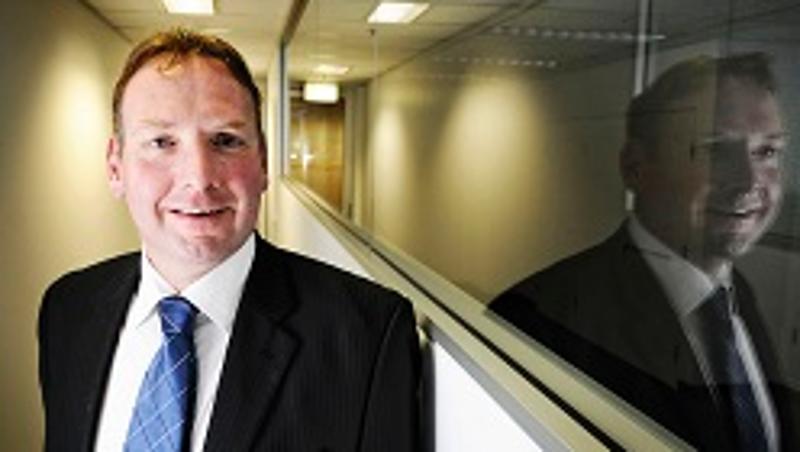
Australia must embrace “unconventional” measures to take control of its economic future or risk falling into recession, according to a QUT economist.
Dr David Willis, from QUT Business School, said innovative ways to stimulate growth were needed after it was revealed the Australian economy shrank 0.5 per cent in the September quarter.
The result, the worst since 2008 during the GFC, meant annual growth slowed to 1.8 per cent and led to calls for the RBA to cut rates next year.
However Dr Willis said the historically low rate of 1.5 per cent had failed to provide stimulus to the economy.
“The RBA is getting a very poor return despite these low levels and the states and Federal Government seem unable or politically unwilling to deliver real stimulus to the economy,” he said.
“We now find ourselves with higher unemployment than we should have, negative growth in the last quarter, and poor revenue growth within the economy.
“The current monetary policy has failed to deliver a growing economy. We need to find a way to deliver growth that doesn’t rely on others, like China and the USA, to do the heavy lifting for us.
“It is time to take control of our collective futures and look elsewhere and at unconventional methods.”
Dr Willis said a fiscal stimulus was “clearly needed” but the Federal Government was “too worried about our AAA credit rating” and some states were still indebted from the GFC to contribute.
“I suggest a form of Quantitative Easing but instead of giving banks cash for bonds in the hope that they pass this on through to the economy, the RBA buys bonds from the states and territories,” he said.
“The RBA could offer up to $10 billion to each state and territory, depending on its population and infrastructure needs, at a low yield of 1.5 per cent and over 30 years. The cost to the RBA is little as it effectively invents money and swaps it for state bonds.
“The Bank of England and US Federal Reserve have both tried QE and earlier this year the UK Government announced it would buy £60 billion of UK Government bonds and £10bn of corporate bonds in a bid to stimulate the economy.
“My plan would see states spending on roads, bridges and public transport projects that would add a real stimulus to the economy, encouraging employment and economic growth.
“It would also lower the Aussie dollar to around 60 cents against the USD which would add further to Australia export earnings and encourage tourists and international students into Australia - all drivers of the domestic economy.
“This will not affect our AAA rating and would also add to state and federal tax income.”
Dr Willis said it was time for Australia to “take control of its own destiny”.
“We need to stop relying on foreign nations for our economic growth and blaming them when our GDP and employment are falling or stagnant,” he said.
“An approach like this one can help rebuild and strengthen our economy and avoid falling into recession.”
Media contact:
Rob Kidd, QUT Media, 07 3138 1841, rj.kidd@qut.edu.au
After hours, Rose Trapnell, 0407 585 901




